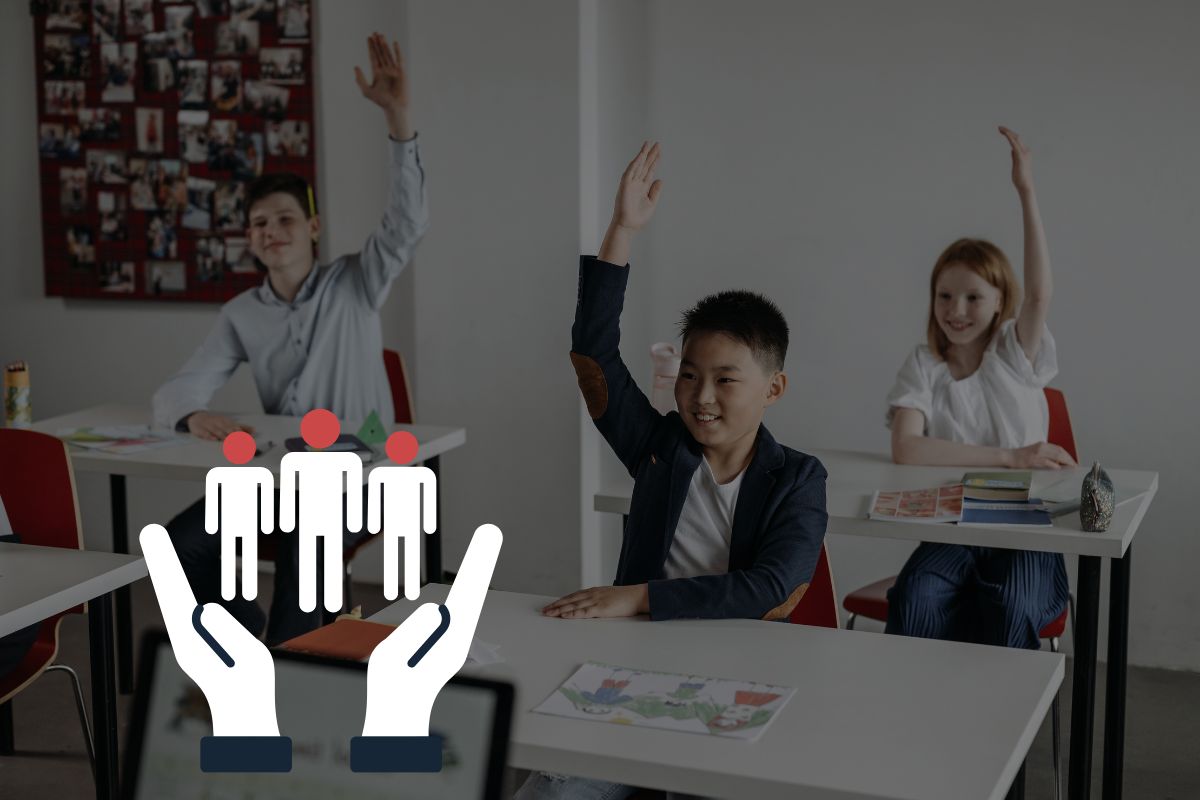
Raise Human Rights Awareness Through Education
Education is not just about reading, writing, or math. It is a powerful tool for advocating justice, especially when it comes to human rights. The more people understand their rights, the stronger society becomes in resisting abuse, discrimination, and injustice.
Quick Summary:
✔ Human rights education helps protect the vulnerable and the voiceless in society.
✔ Proper information empowers individuals to fight oppression and discrimination.
✔ Awareness can start in schools, online platforms, and community workshops.
✔ Everyone has a responsibility to share accurate information about human rights.
Why is Human Rights Education Important?
Many people are unaware of their rights, making them more vulnerable to abuse, discrimination, or unjust situations. Lack of knowledge is a major barrier to achieving justice. Through education, individuals can learn about their fundamental rights—from basic rights like access to education to broader issues such as freedom of expression, equal treatment, and protection against oppression.
How to Expand Awareness of Human Rights?
You don’t need to be a lawyer or a human rights expert to help spread the right information. There are many ways to promote human rights awareness:
Integrate It into School Curriculums
It’s crucial for young people to learn about their rights while they are still in school. If human rights are taught in elementary and high school, students will naturally develop a sense of justice and a critical perspective on social issues. Including human rights education in social studies or values education is an effective way to introduce these concepts.
Leverage Social Media
A lot of information spreads quickly online, but not all of it is accurate. Instead of sharing fake news or controversial content, why not use social media to promote essential human rights knowledge? Simple posts about laws, infographics explaining basic rights, and short videos about human rights violations can be incredibly helpful in educating more people.
Organize Community Workshops and Forums
One of the most effective ways to raise awareness about human rights is through workshops and public forums. These events can discuss various issues such as gender equality, labor rights, and human trafficking. Face-to-face interactions make this approach even more impactful.
Training Law Enforcers
Often, human rights violations come from individuals who are supposed to protect the public. Providing proper training to police officers, soldiers, and other government officials about human rights is a crucial step in reducing the abuse of power.
Strengthening Human Rights Policies in Companies
Human rights are not just a government concern; they should also be upheld in private companies. Employers should establish clear policies against discrimination and harassment in the workplace. An organization that values human rights becomes more productive and successful.
Real-World Impact of Human Rights Education
This is not just theory or an academic concept—human rights education has real-life effects on daily living. Here are some examples of how it drives change:
Fighting Discrimination
In many countries, discrimination based on race, gender, religion, or social status is still prevalent. Proper knowledge about equal rights empowers marginalized individuals to fight for justice.
Protecting Workers
Many employees are unaware of their rights under the law. As a result, they often suffer from workplace abuses—such as unfair wages and excessive working hours without pay. Through human rights education, more workers learn to stand up for their rights to fair wages and decent working conditions.
Giving a Voice to the Youth
Today’s youth have greater access to information. When they understand the power of their voice, they become more engaged in social issues. Many participate in protests, online petitions, and community projects aimed at promoting justice and equality.
Helping Victims of Violence
In many cases of abuse, victims do not know where to seek help. Human rights education provides them with information on whom to approach and how to fight for their case. A well-informed society is more prepared to assist those in need.
Who is Responsible for Promoting Human Rights Education?
Human rights education is not solely the responsibility of schools or the government. Everyone can play a role in spreading awareness. Teachers, students, employees, and even ordinary citizens can contribute to sharing accurate information.
Organizations such as the United Nations, Amnesty International, and other human rights groups continue to promote programs that educate people about their rights. However, we shouldn’t rely solely on large institutions—even simple knowledge-sharing among family and friends is a valuable contribution.
Communities can also take the initiative by establishing local discussion groups and educational programs that focus on human rights. Public libraries, civic organizations, and grassroots movements can serve as hubs for these efforts, ensuring that information reaches a wider audience. Through collaboration and collective action, the message of human rights can become more ingrained in everyday conversations and practices.
The Role of Education in Building a Fairer World
Knowledge is a weapon against abuse and injustice. The more people understand their rights, the fairer society becomes. We may not be able to change the entire world instantly, but through education, more citizens will be equipped to fight for justice in their own ways.
Change starts within each individual. A simple conversation, a social media post, or participation in a community forum can help open someone’s eyes. Human rights are not privileges but something that everyone should enjoy. Education is the key to making this a reality for more people.
By fostering a culture of learning and awareness, societies can create lasting changes that promote equality and fairness. Engaging in open discussions and encouraging critical thinking about human rights issues can help dismantle long-standing prejudices. With continuous education, future generations will be more informed, empathetic, and proactive in advocating for justice.
